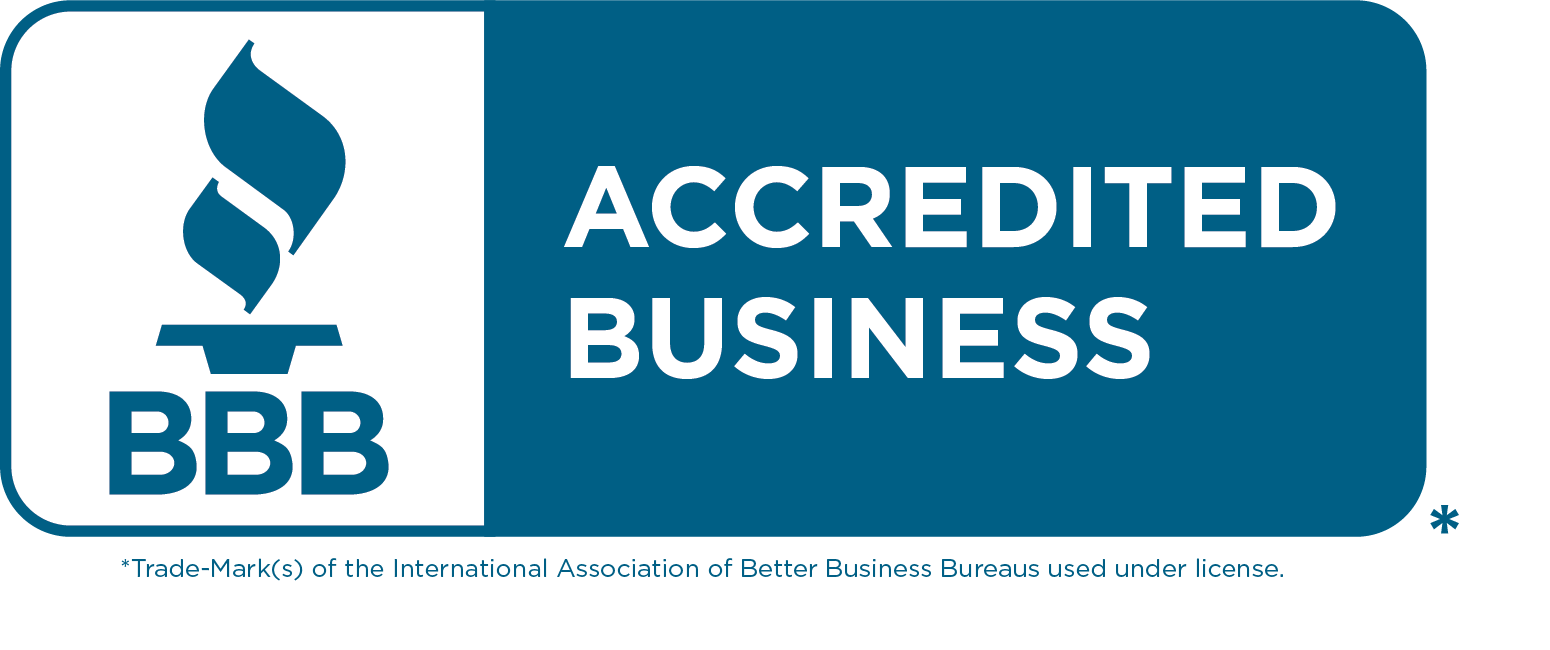Divorce. When we first fall in love we can’t imagine a marriage ending in divorce, but it’s also sadly a common reality. Statistics Canada shows the divorce rate in 2020 at 5.6 per 1,000 married couples. This does show a drop in the divorce rate since the early 90’s, but it must also be taken into account that less couples are getting married then they have in the past. But what happens to shared assets, such as real estate, when a marriage ends? Do you have to split all assets 50/50? So, if you are wondering how to sell a house during divorce in Calgary this article will help.
Can You Divorce Without Selling the House?
In Canada, whether you keep or sell a home during divorce depends on various factors, primarily the property’s designation as either “matrimonial” or “separate.” The first step is to share details, including the acquisition date, with your lawyer, as this information helps determine how the property should be handled in division proceedings.
Under Canadian law, a matrimonial home—property where both spouses have lived as a family residence—is generally divided equally between spouses, regardless of whose name is on the title. This rule applies even if one spouse owned the home before the marriage. However, if a property is designated “separate”—acquired before marriage, inherited, or gifted solely to one spouse—it may be exempt from division unless it became a family residence. Still, exceptions can arise; for instance, if substantial contributions or improvements were made by either spouse, the home’s value might be re-evaluated as a joint asset.
Consulting with a lawyer in Alberta is crucial in determining if your home qualifies as matrimonial property or remains separate. They can help you decide if keeping the home, buying out the other spouse’s share, or selling is best based on factors like contributions, marital agreements, and each spouse’s financial needs and responsibilities after the divorce.
A court will look at several factors to decide who gets the house, including:

The value of the property.

The financial circumstances of each partner.

The employability of each partner.

Both physical and monetary contributions to the marital home.

The age and physical and mental health of each partner.

The amount of time each partner will have custody of the children.
Who Gets The House in A Divorce?
In Canada, the division of assets during divorce is governed by family law, which varies by province and territory. Unlike the U.S. system of community property and equitable distribution, Canada follows a model called equalization of net family property in most provinces, including Ontario, Alberta, and British Columbia. Here’s how this process generally works, along with options for handling the matrimonial home:
Equalization of Net Family Property
Under Canadian divorce law, each spouse’s total net worth is calculated from the beginning to the end of the marriage. The spouse with the higher net worth usually makes an equalization payment to the other spouse, ensuring each person ends up with an equal share of the increase in the couple’s assets gained during the marriage. This does not necessarily mean assets are split in half; rather, the payment makes up for the difference in financial growth.
Options for the Matrimonial Home
The matrimonial home, or any property used as a family residence, holds unique status. In many provinces, including Ontario and British Columbia, it is generally divided equally regardless of ownership or purchase date. Here are common options for handling the home during divorce:
Immediate Sale and Division of Proceeds: Selling the home and splitting the proceeds may be the most straightforward solution. The home is listed for sale, and once sold, the equity is divided according to provincial rules or court orders. This option can be faster or slower depending on the local housing market and the home’s condition. In cases where a fast sale is needed, some couples sell to investors or home-buying companies. If you need help with this, or you are wondering how to sell a house during divorce in Calgary, then please reach out to us at anytime.
One Spouse Buys Out the Other: It may be decided that one spouse will buy out the other spouses share of the matrimonial property (let’s say the family home). If one spouse wants to keep the home, perhaps because it is located close to the child’s school and friends, then the spouse that will stay living in the house will make a payment to the spouse that is moving out. This payment amount would be half of the value of the homes equity. The only thing to consider here is that the spouse buying out the other has to qualify to carry the mortgage indepently of the departing spouse. This is a factor that is becoming more and more difficult with rising interest rates and soaring home values in most major Canadian markets.
One Spouse Retains Occupancy for a Set Period: There are certain details in place designed to protect the best interest of the children of divorced parents. For example when children are involved, courts sometimes allow the custodial parent to remain in the home until the children reach the age of majority (usually 18 or 19, depending on the province). Once the children reach this age the home may be sold and proceeds split. The court will also lay out who is responsible financially for the homes expenses (mortgage payments, taxes, utilities, insurance, condo fees, property maintenance) during the time it takes for the children to reach the appropriate age.
Co-ownership Agreement: Some spouses may decide to continue co-owning the property, especially if it’s in the children’s best interest. In this case, both partners remain on the mortgage and title, but responsibilities for payments must be clearly defined to prevent future disputes. This approach requires trust, as any missed payments can impact both parties’ credit. Obviously, this is a more common agreement when the divorce is amicable. This will definitely increase the amount of communication required with your ex spouse and in a lot of cases this is something that both partners wish to avoid. With some basic planning and cooperation a property can be co-owned and managed with little communication by utilizing automatic bill payments. In really trusting situations one spouse will make a lump sum at the end of the year for half of the property expenses. It all depends on each entities level of comfort and financial situation during separation and after divorce. Consulting with a professional Alberta Divorce Lawyer, especially one with experience in real estate law, is absolutely crucial if this is an option you want to pursue.
Separate vs. Marital Property
Canadian law typically excludes assets acquired before marriage, gifts, or inheritances received by one spouse from the equalization process. However, the marital property is generally an exception, often requiring equal division after divorce, regardless of acquisition date or sole ownership of the real estate. As previously mentioned this emphasizes the importance of the marital property, and that it often takes the resources of both entities (financial or otherwise) to run a marital property.
For specific legal advice in Alberta tailored to your situation, it’s essential to consult a family lawyer, as rules vary by province and individual circumstances. For assistance with this please refer to this list of top Alberta Family Lawyers.
The house is sold immediately and any equity is split up between both entities
In some ways, selling the house can be the simplest and most straightforward solution when two spouses separate. The house is put up on the market at an agreed upon price and, once it’s sold, the assets are split up either 50/50 or as the Court designates. Depending on the market in your area, this could be a very fast solution (or very slow). If your area’s housing market is sluggish, the house is in poor repair, or there are liens against the title, a regular home sale might not work for your situation. We see this challenge in Calgary all the time where the market will be very busy for a period of time, and then comes to a grinding halt. In those cases, selling the property directly to a direct homebuyer or investor might be a faster and easier way to get the property sold so you can move on with your life. This will result in less money put into repairs, less time paying for maintenance of the property, and expediting a stressful transaction during a difficult period of life. Most spouses going through separation in Alberta are interested in a quick transaction when dealing with divorce.
Selling Your House During A Divorce?
Contact Us For Your Cash Offer Today!
Steps to Sell a Home During Divorce
1. Hire A Divorce Specialist Real Estate Agent
Before you put the house up on the market, your first step is determining who gets what either through lawyers or the Court. Divorce can be an extremely turbulent and emotional time for both partners. Let professional experts with experience in selling real estate during a divorce guide you through this process.
2. Agree On Home Sale Specifics
You and your partner will need to decide how you would like to sell the house. Would you prefer a fast sale so that you can split the assets and move on with your life, or is it worth it to you to spend a few more months fixing up the property to make it “market ready” so that it can sell for the most money possible in the current housing market? If you can’t come to a decision through your lawyers, the Court may need to become involved.
If you decide to spend the money on any necessary repairs and upgrades, you’ll want to come to an agreement on how to split those expenses, as well as how that investment may impact the final split of the profits. Before you spend one more dime, make sure to finalize these agreements with a lawyer so that you’re not left high and dry at close.
But expenses and profits are just the tip of the iceberg. How will the house be dealt with during a listing? Whose agent will you use? What price point should it be set at? Will it be empty or will you or your spouse live in it until the property is sold? Who is responsible for the mortgage and bills and, if no one is living in the house, who is the one who will make sure that it’s ready to be shown during open houses and daily showings? If possible, let your lawyers hash this out before taking it to court. This can save you a lot of time and help keep any profits from the home sale being eaten up by the price of paying a lawyer to represent you in court.
3. Know What to Expect in Order to Close the Sale
When selling a property with your ex-partner, it’s crucial to set aside emotions and collaborate on reviewing offers from potential buyers to maximize profits. In a competitive market like Calgary, where multiple offers are common, the decision-making process can be complex. It’s advisable to establish a clear strategy prior to listing the house for sale. Whether you opt to accept the first offer without contingencies or aim for the highest profit margin, reaching a mutual agreement before selling is essential for a smooth transaction.
4. Divide the Proceeds
It’s the final step, and hopefully the simplest! Whether the Courts or your lawyers helped you settle your divorce, you should already understand how the proceeds of the house sale will be divided. If there are any liens or obligations on the house, the escrow company will pay them off before distributing the money so that you can move on with your life.
OR
5. Sell Your House AS-IS to A Cash Buyer
Are you in a situation where communication with your ex-partner is challenging or unwanted? Are you prepared to move on from your marriage and start a new chapter in your life? Is the stress of the divorce taking a toll on you, and the idea of a quick and uncomplicated sale of your marital property sounds like the ideal solution? Selling your property to a direct cash home buyer or investor could be the perfect choice for you!
Cash buyers and investors are ready to purchase properties for cash, regardless of the property’s condition or the owners’ financial (and marital) circumstances. They specialize in swift closings, enabling property owners to divest themselves of a property more rapidly than in a traditional home sale. Moreover, they acquire houses and properties as they are, which means that even if the property requires upgrades or significant repairs, they are still prepared to offer cash and close promptly. For divorcing spouses facing a painful and costly separation, this option could offer the most feasible solution for the family. Not only can they sell the house for a fair cash sum, but they can also conclude the transaction swiftly and without the need to engage in negotiations through attorneys and a shared real estate agent. In the real estate realm, this approach is akin to pressing the “easy button” and presents an additional avenue to explore during this challenging period.
Selling Your House During A Divorce? Contact Us For Your Cash Offer Today!
Looking to sell your house fast in Calgary? Northgate House Buyers is your local home buying solution, offering competitive cash offers no matter the condition or your financial circumstances. Say goodbye to real estate agents and legal complexities – we make direct home sales simple and stress-free. Whether you’re facing divorce or dealing with a distressed property, we’ve got you covered. Contact us at (403) 383-6592 day or night for a hassle-free home selling experience with fewer fees and less headache.
Don’t let a divorce force you into a difficult home selling situation. At Northgate House Buyers, we specialize in buying houses quickly and efficiently, providing fair cash offers for properties in any condition. Even if your home has been neglected or damaged, we’ll take care of all repairs and upgrades after you accept our offer. Selling a house during a divorce doesn’t have to be overwhelming – let our team simplify the process for you. If you’re located in Calgary and wondering about selling a house during divorce, fill out our form today for a fair cash offer within 24 hours.


